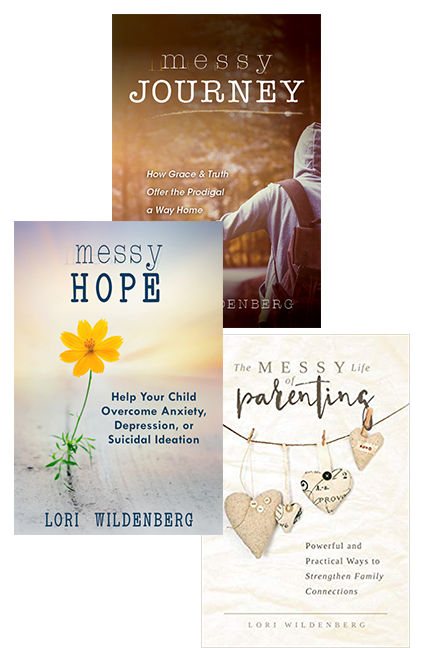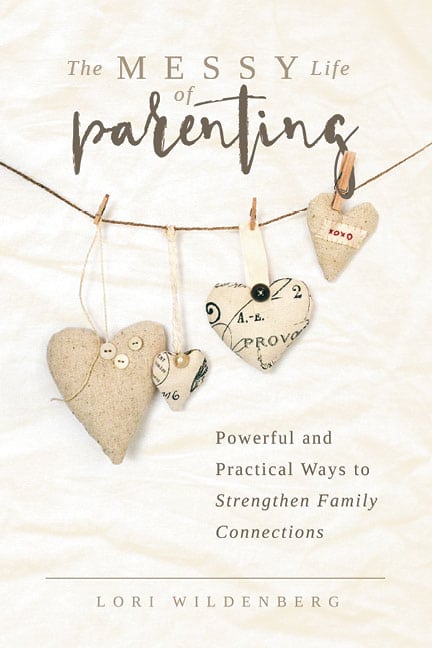 “I’m so stupid.”
“I’m so stupid.”
“I can’t do that.”
“I will only mess up.”
“I’m a bad kid.”
“I hate myself.”
“There’s no reason to study. I will fail anyway.”
Do your kids self shame like this? Do they verbalize negative self-messages? Do they have a defeatist mind-set? Do they demonstrate a pattern of pessimism? Do they express a distorted negative view of themselves or their abilities?
Constant and consistent negative self-messages will affect our child’s belief about his self-worth and will impact his mood and behavior. Negative self talk has been linked to feelings of general anxiety. It perpetuates feelings of depression, hurt, or anger. It may come in the form of: Worry, doubt, self-shame, procrastination, perfectionism, comparison, or complaining. Fear is often the catalyst to self destructive talk; fear of failure and fear of acceptance.
No parent wants their child to talk like this. Often we rush in to fix it by saying the opposite, “No, you are soooo smart.” Attempting to fix it or to be overly optimistic may actually increase the negativity. At the very least it only pacifies the situation and doesn’t deal with the root of the issue. Your child wants to be heard. He is experiencing an underlying problem that needs to be addressed.
When you hear your child express sentiments like those above, take these 7 steps.
- Mirror back to your child what you see while naming the naming the emotion,“Wow, I can see you are frustrated.”
- Normalize the struggle. “Most people struggle with one thing or another. It’s okay. We learn through the challenges.”
- Empathize. Your kids need to know you struggle too. “Math was always hard for me too.”
- Challenge the self-talk by asking some questions to get a handle on the scope of the struggle. “Is it this particular assignment that is exasperating you?”
- Re-frame the comment. “This assignment is frustrating.” Rather than, “I’m so stupid.”
- Adjust the perspective by restating, “I feel so dumb when I have trouble with math.” Rather than, “I am so stupid.”
- Play a supportive role. Don’t take over. Ask questions instead. “What’s your plan?” or “How can I help?”
Consistent parental messages can counter a child’s negative thinking. Our kids need to know they are capable and lovable. Here are some ways to stop that downward spiral of negative self-talk.
10 Ways to STOP Your Child’s Self-Shaming:
- Give your child a little more power or control over some elements of his life.
- Allow for a few more freedoms with added responsibilities.
- Correct but avoid over-correction and criticism.
- Be honest. If they are not great at something, that is fine. No one is good at everything.
- Show grace when mistakes are made. Let home be a place where it is okay to be human. No one is perfect. We learn from mistakes.
- Speak life. Use encouraging words.
- Maintain perspective with humor. Everything doesn’t have to be so important so serious. Sometimes good enough is good enough.
- Allow your child to wrestle with a problem. Don’t micromanage.
- Acknowledge diligence and perseverance.
- Train your kids how to disrupt the negative flow by distancing or distracting themselves for a moment. “Try stepping away from the assignment for a few minutes and then come back to it.”
We are our own worst critic. Personally I need to watch my words and recognize my own propensity for negative self talk. My kids need me to model healthy and realistic self talk. I need to be okay with both my flaws and my strengths. Having a realistic view of myself–the good the bad and the ugly– I will be a better parent. And… when someones gives me a compliment I need to receive it with a thank you rather than dismiss it with a self-deprecating comment.
How do you deal with your own negative self talk?
For by the grace given me I say to every one of you:
Do not think of yourself more highly than you ought,
but rather think of yourself with sober judgment,
in accordance with the faith God has distributed to each of you.
Romans 12:3




Trackbacks/Pingbacks